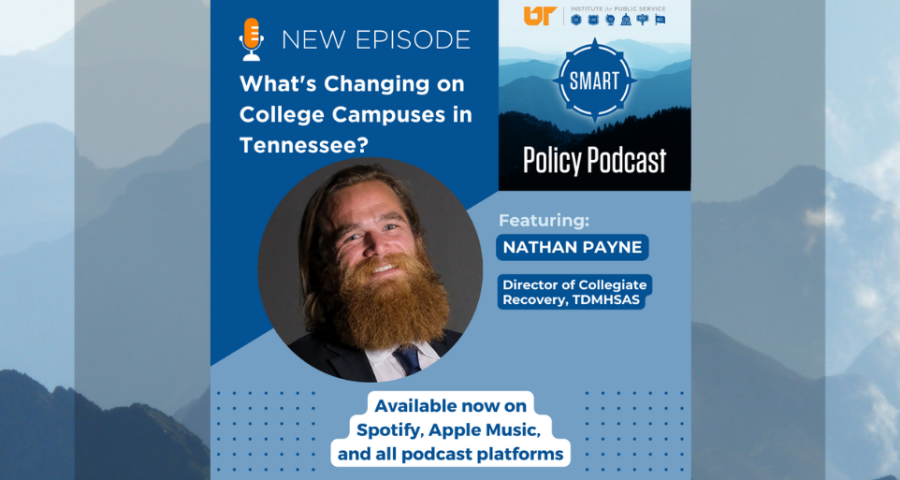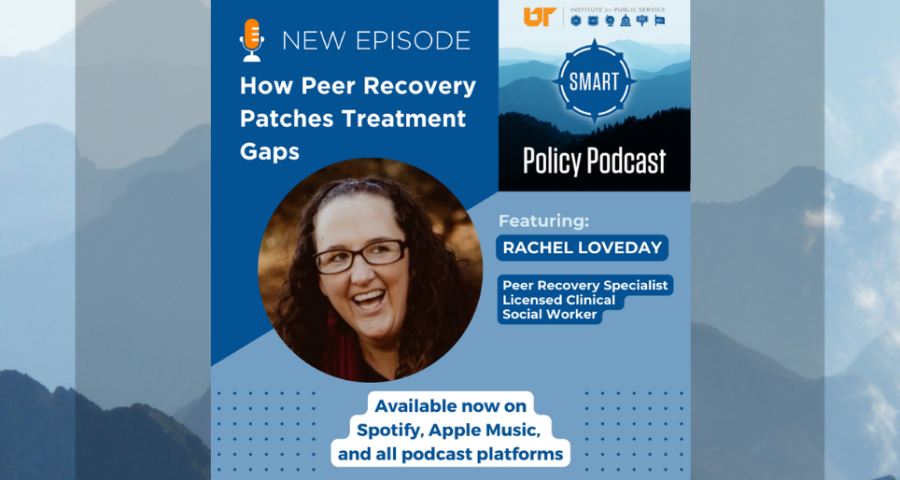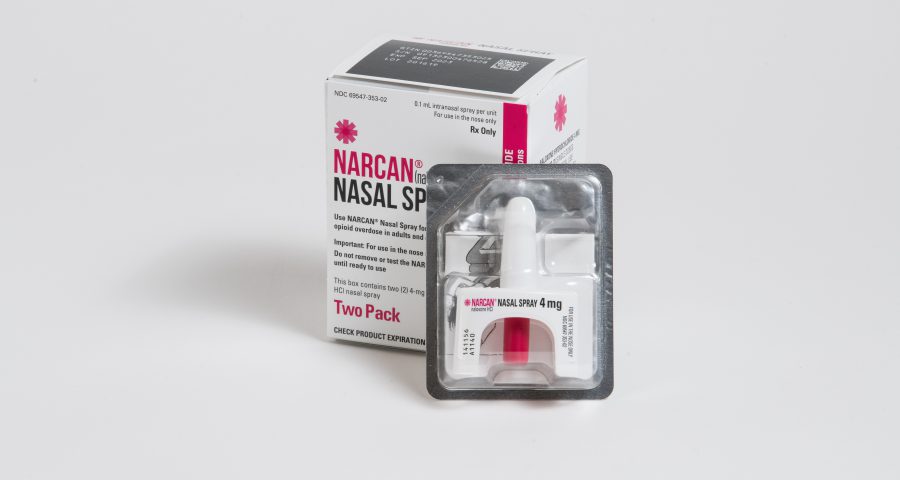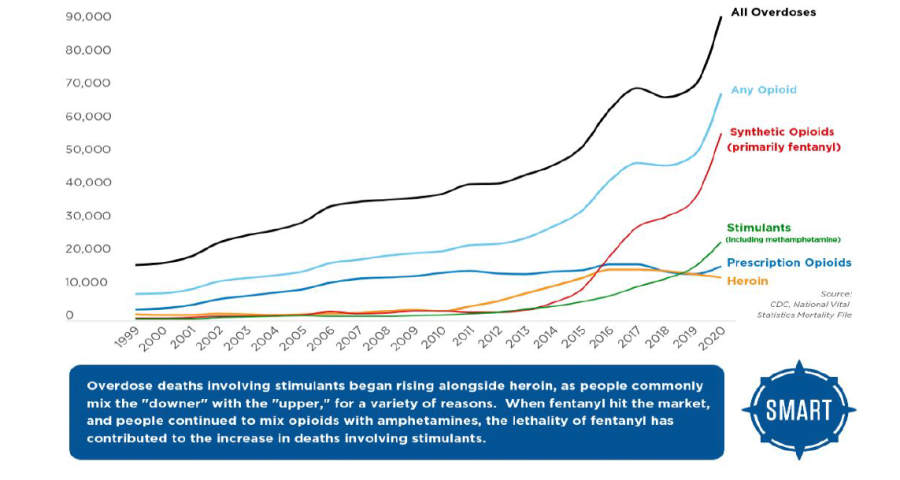The Rocky Top Recovery Ambassadors are a group of college students, undergrad and grad, that identify as being in recovery and or having a mental health disorder. Building a community on campus of students wanting a safer, sober college experience, the ambassadors hosted weekly all-recovery meetings and mental health events,
(Podcast) The Kids Are Alright: Meet the Rocky Top Recovery Ambassadors







